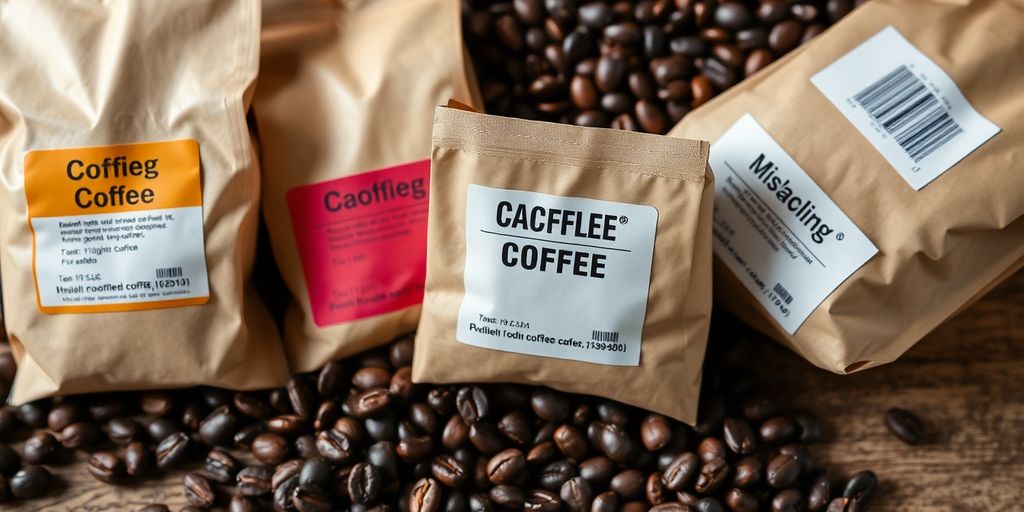Plants are generally cheaper than meat, yet many people continue to consume more meat than plants. This is a puzzling issue for advocates of plant-based diets and challenges many assumptions about consumer behavior and choice. There are several reasons why it is difficult to persuade people to include more plants in their diet.
In 2021, a study by Oxford University analyzed global average costs of different diets and discovered that plant-based diets were the least expensive, with vegetarianism being a close second. However, despite this, plant-based diets are not as popular as expected. Public opinion polls suggest the people are interested in incorporating more plant-based foods in their diet.
Surprisingly, these trends have not instigated the anticipated major shift in dietary habits. In America, people continue to consume fewer fruits and vegetables and more meat than the recommended dietary guidelines for Americans. In addition, meat consumption in the last 60 years has almost doubled on a per capita basis, contributing significantly to climate change.
So why aren’t more people eating plant-based foods? Several barriers have been identified. For some, there are practical challenges – fresh produce may not be readily available or easily accessed. Perception also plays a role, with many believing that plant-based meals are more complicated to prepare than meat-based ones. Additionally, societal norms and ideological biases present a powerful barrier against plant-based diets.
Visible meat alternatives such as Impossible Burgers, oat milk, and cashew cheese could in theory make the transition to plant-based diets easier, but these alternatives are not inexpensive. This adds a financial barrier to those who wish to emulate the traditional animal-based products with these plant-based alternatives.
Given these hindrances, what are the possible solutions to convince more people to consume more plants? The Better Food Foundation believes that its DefaultVeg initiative can make a significant difference. DefaultVeg doesn’t aim to persuade individuals to alter their diets; instead, it encourages businesses such as restaurants and schools to subtly change the way they present and serve food.
This approach is based on the theory that slight changes in the presentation of options greatly influence decision making, even subconsciously. The strategy can involve making plant-based foods the default choice while still providing animal products for those who expressly request them. This method has already proven successful in numerous establishments.
Interestingly, research supports the effectiveness of this approach. Even seemingly insignificant nudges, when implemented properly, can be successful in encouraging people to consume more plant-based foods. Studies have shown that when vegetarian dishes are offered as the default choice, the percentage of people choosing meat significantly decreases.
The simplicity and scalability of this strategy makes it easy to implement and adapt according to different localities and demographics. This approach does not require extensive knowledge about plant-based foods or major mindset changes about meat consumption. Importantly, it also respects individual freedom of choice about what to eat.
In the long run, encouraging more people to consume plant-based foods can change societal norms around meat-eating and improve the sustainability of our food systems. For now, nudges like these seem to be the most frictionless and promising way to do so. The promotion of plant-based diets is not merely a dietary issue; it’s a significant step towards a more sustainable future.




